1. Market Research & Demand Analysis
Evaluate the demand for EV charging stations by analyzing regional trends, EV adoption rates, traffic patterns, and competitor presence to identify high-demand areas for installation.
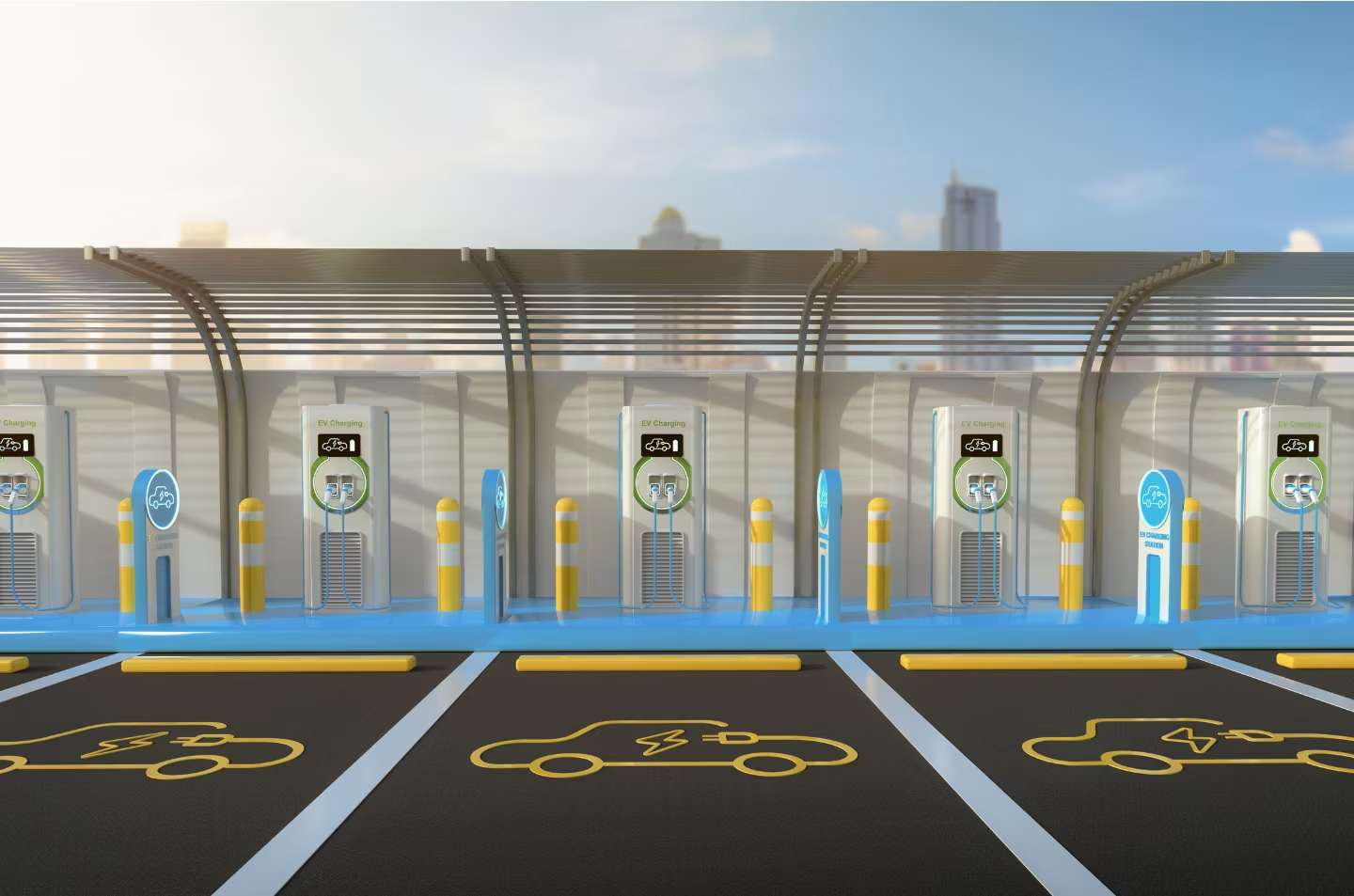
At Hylif, we provide end-to-end solutions for EV charging infrastructure, ensuring seamless operation, maintenance, and scalability of charging networks. Our expertise as a Charge Point Operator (CPO) enables us to support businesses, municipalities, and fleet operators in establishing efficient and future-ready charging solutions.
Evaluate the demand for EV charging stations by analyzing regional trends, EV adoption rates, traffic patterns, and competitor presence to identify high-demand areas for installation.

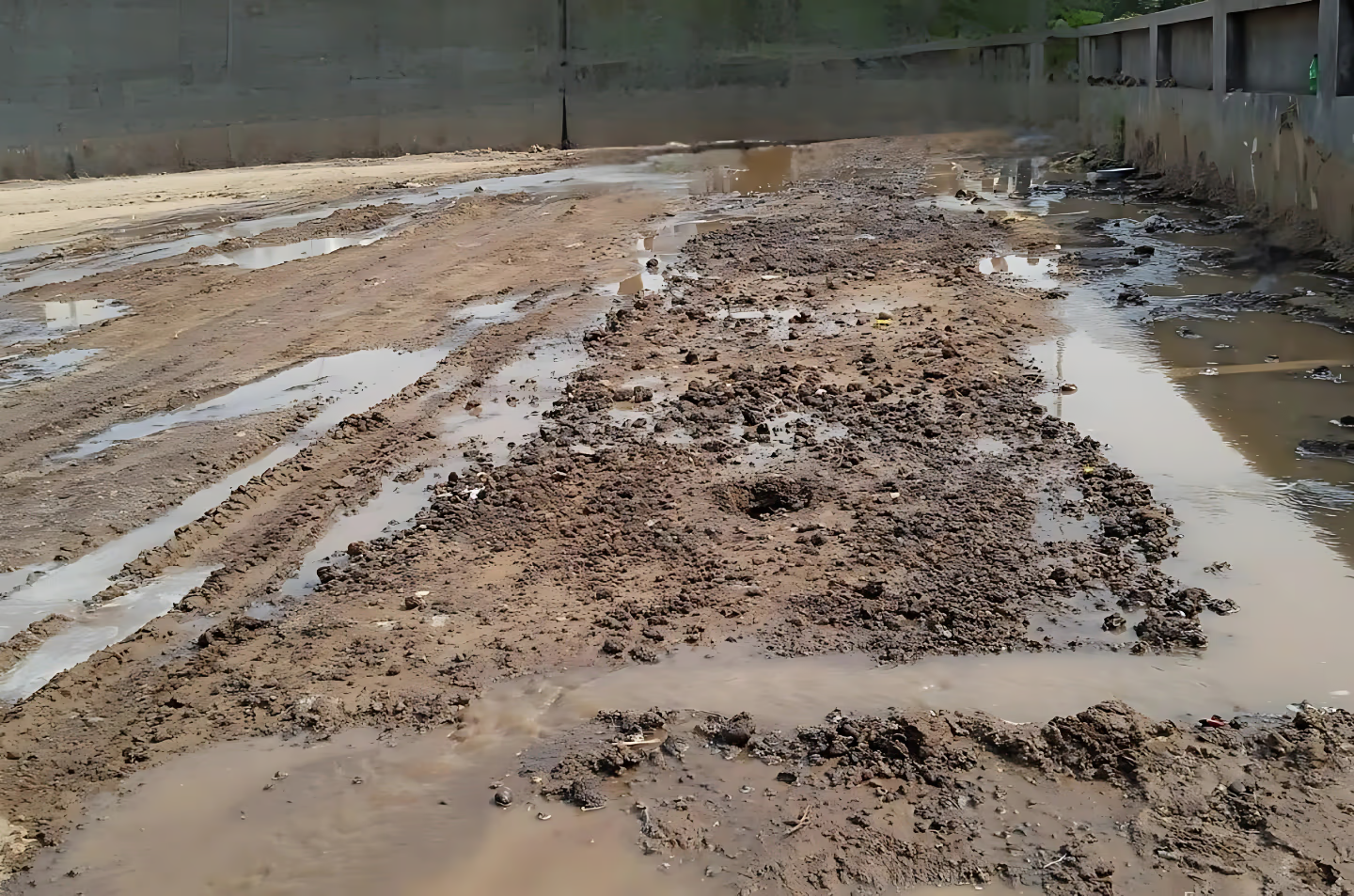
Choose and acquire sites that are easily accessible, have reliable power infrastructure, and comply with legal requirements. This includes identifying locations with high foot traffic or proximity to key routes.
Plan for a stable power supply by collaborating with utilities for grid connections, ensuring sufficient load capacity, and considering backup power options like generators or battery storage for peak demand times.
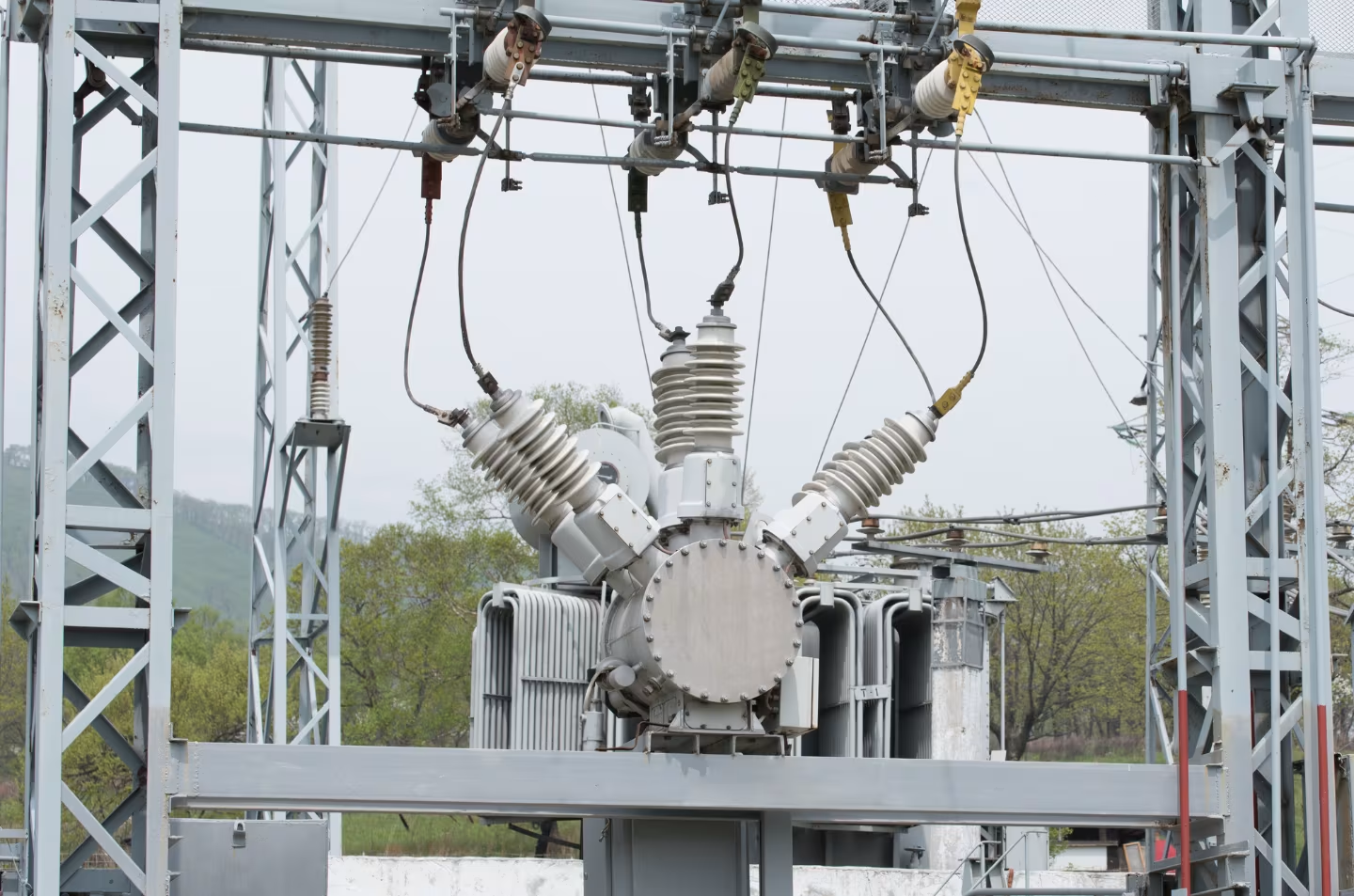
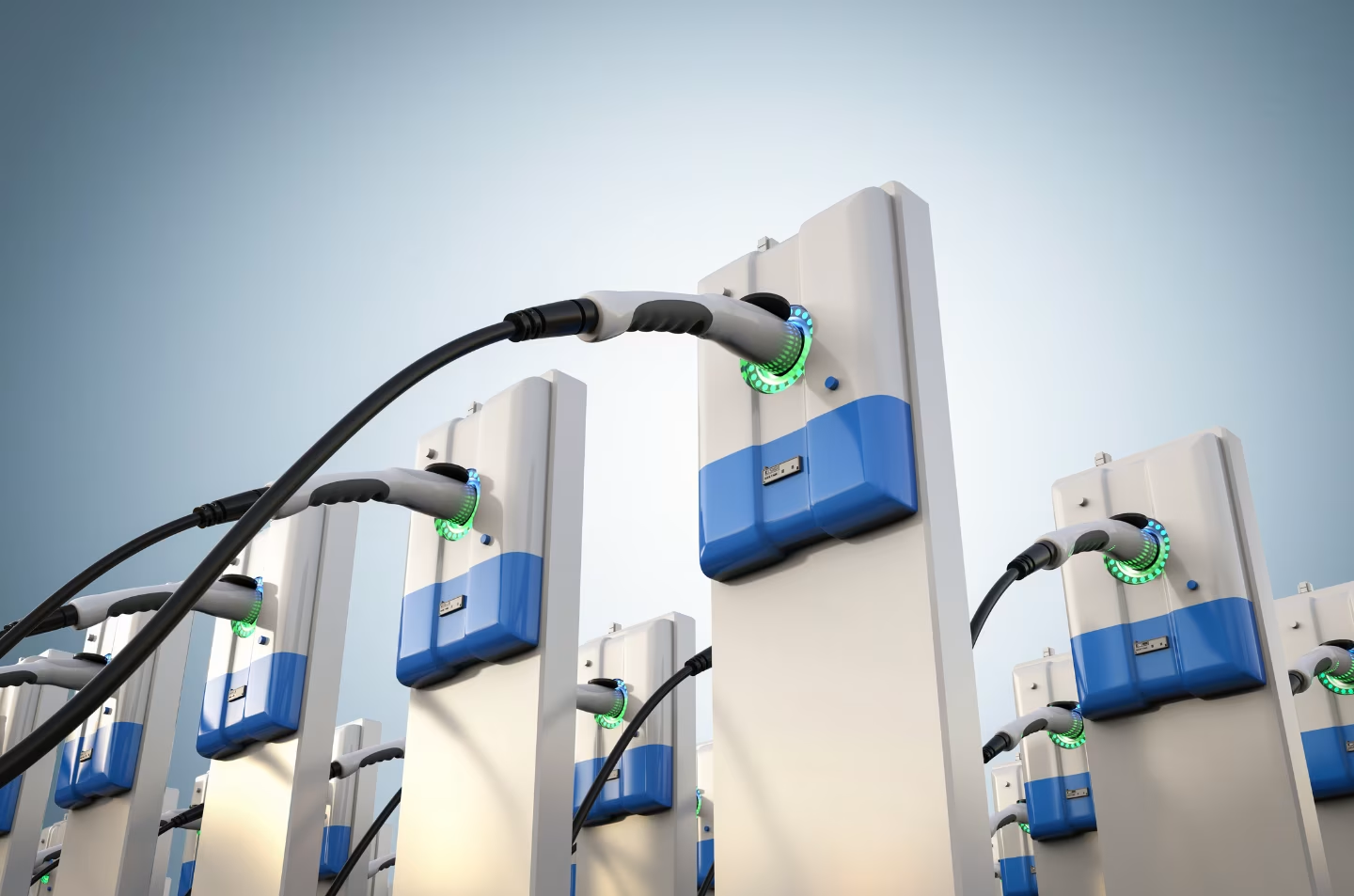
Select the appropriate types of chargers (slow, fast, ultra-rapid) based on location needs and customize their features for efficient energy delivery, user-friendliness, and ease of maintenance.
Carry out civil construction for site preparation, including groundworks, electrical setups, and infrastructure to accommodate the chargers, parking, and other necessary facilities.

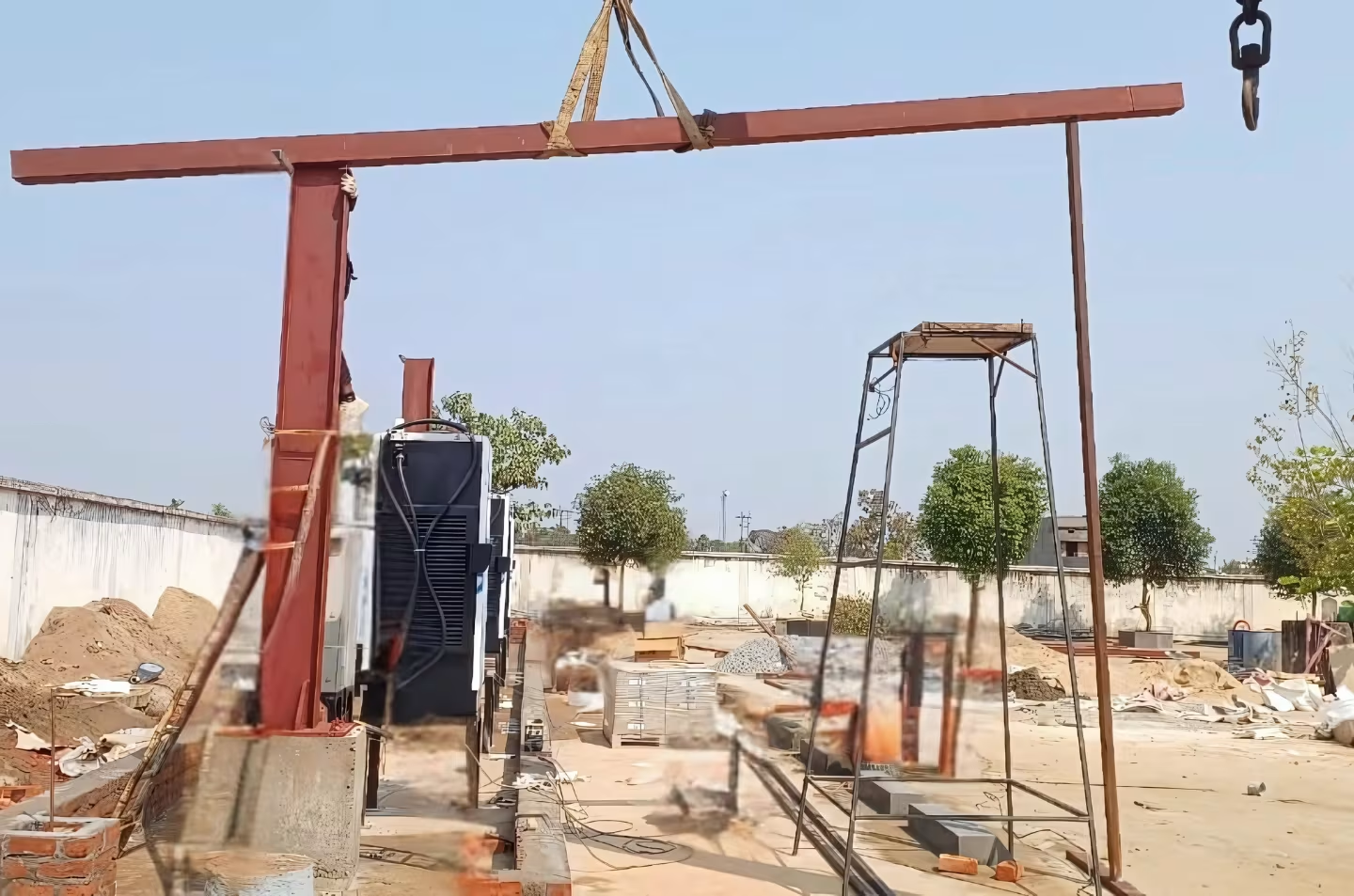
Install the chargers, perform thorough testing to ensure functionality, and adhere to quality assurance standards for safety and performance to avoid future operational issues.
Obtain all necessary permits and approvals from local authorities to ensure that the installation complies with zoning laws, safety standards, and environmental regulations.

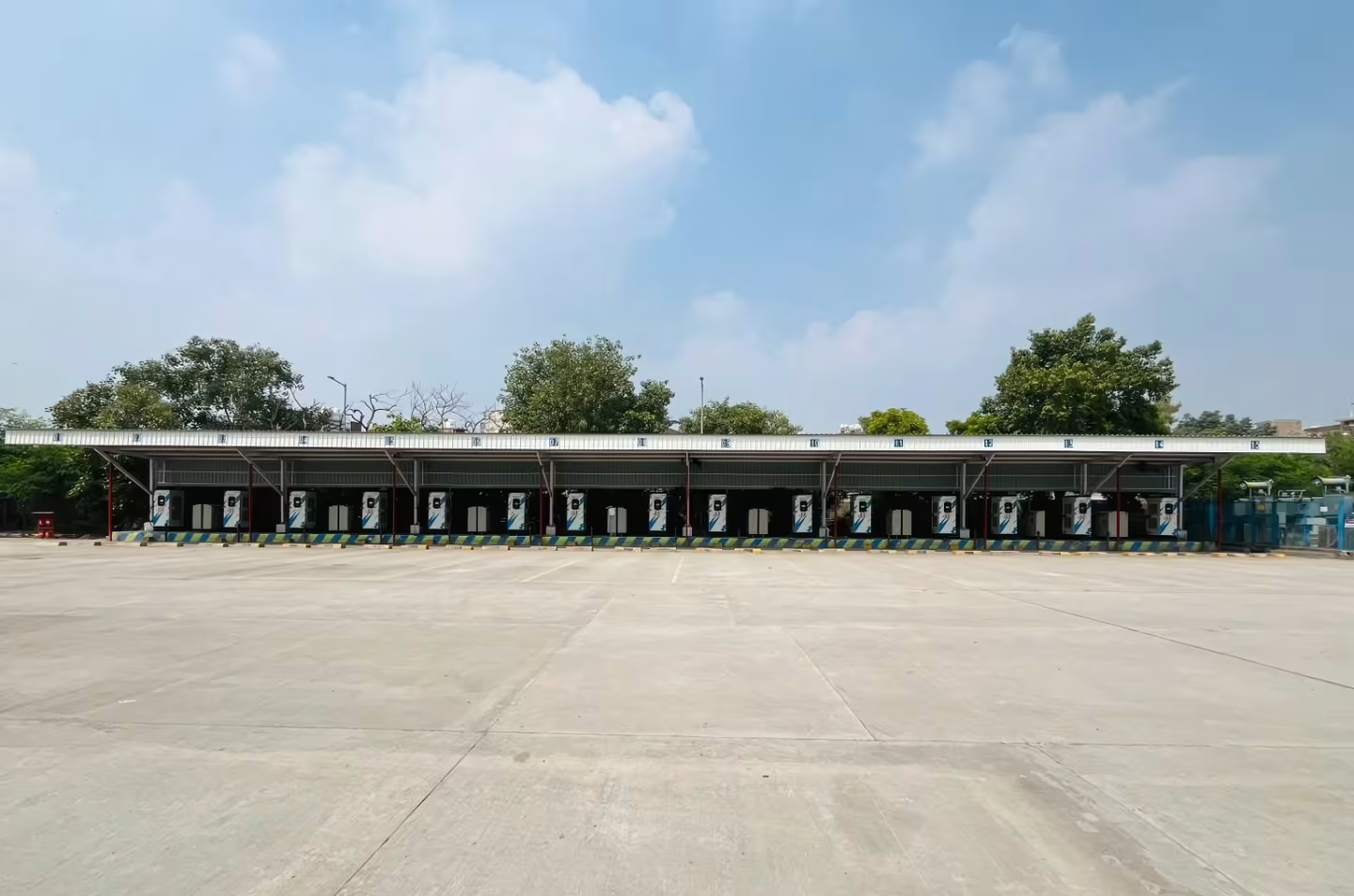
Finalize the installation process, test the system in real-world conditions, and officially launch the station to the public, including promotional activities and user education.
Provide continuous maintenance, troubleshooting, and service updates to ensure chargers are always operational, optimize the charging experience, and minimize downtime.
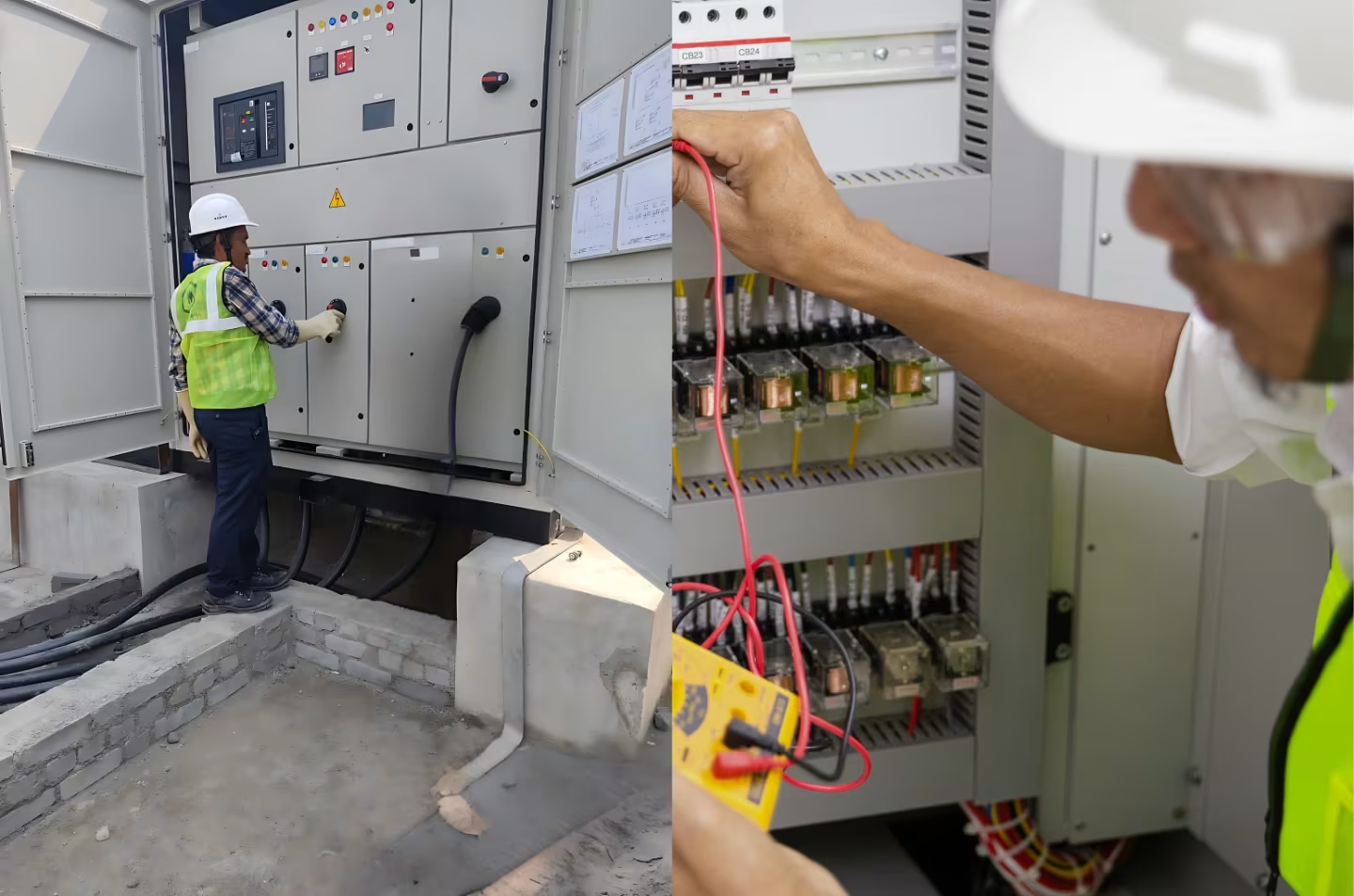
Experience the benefits of professional Charge Point Operator services with Hylif. Let us manage your EV charging infrastructure while you focus on your core business. Contact us today to learn more about how our services can support and enhance your charging network.
Copyright © 2024 Hylif. all rights reserved.